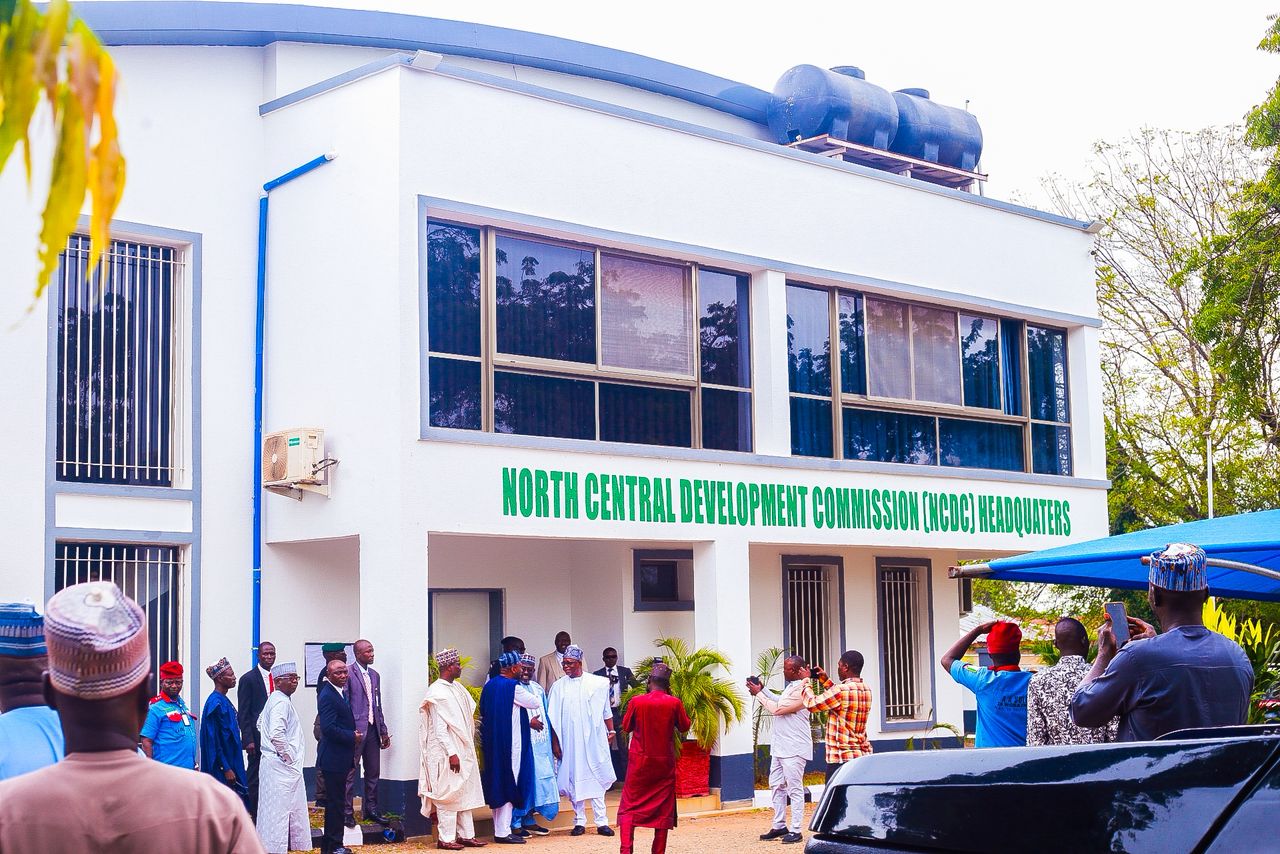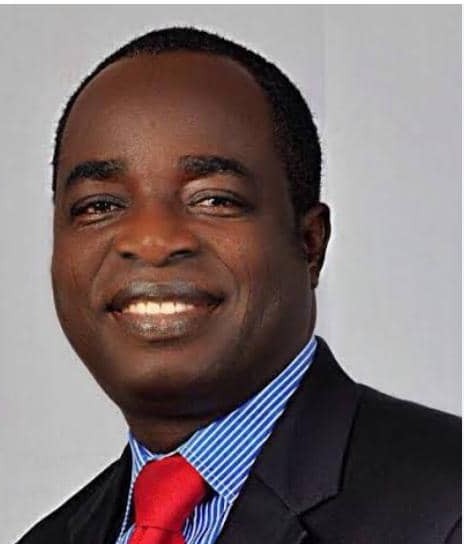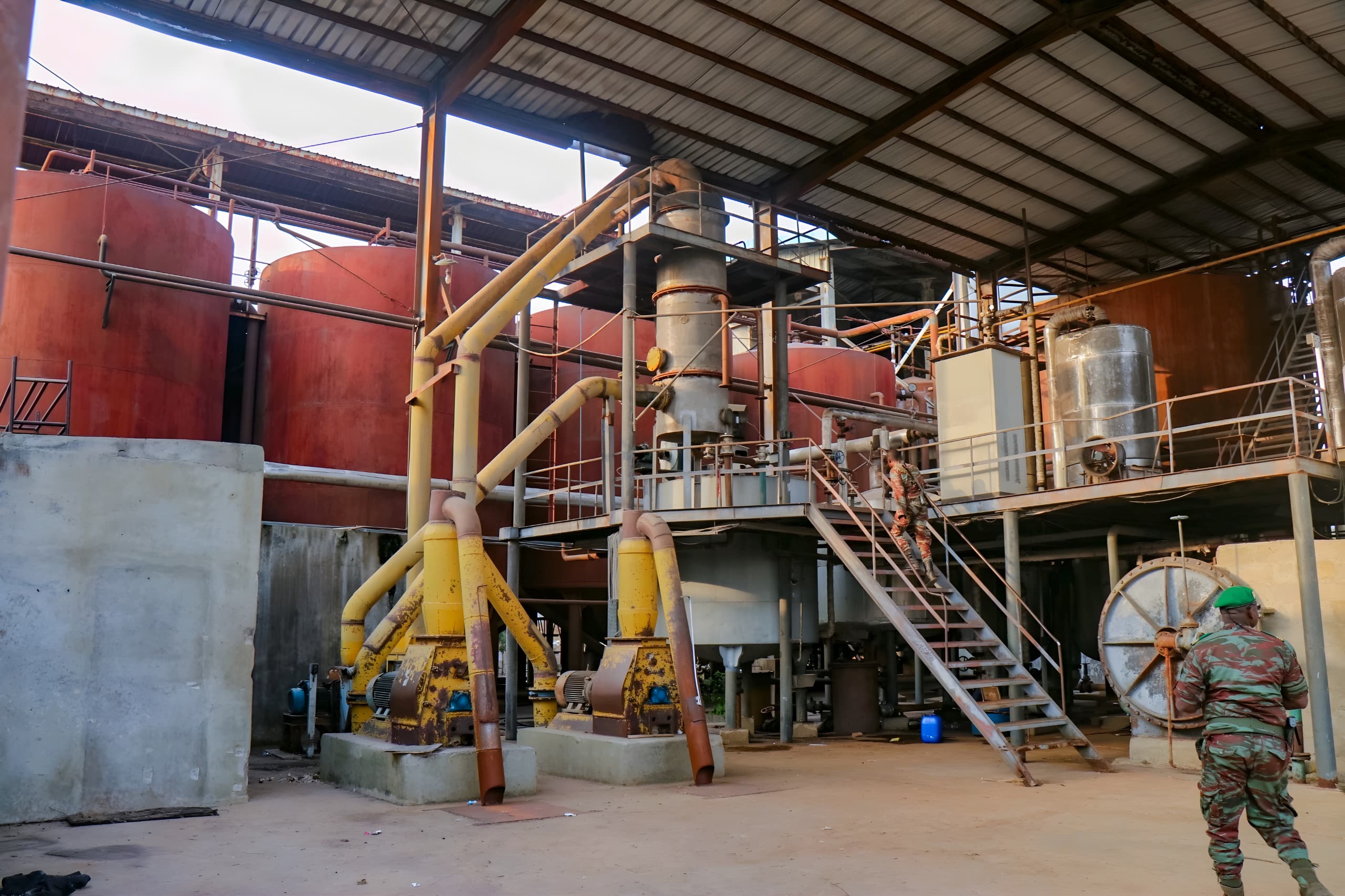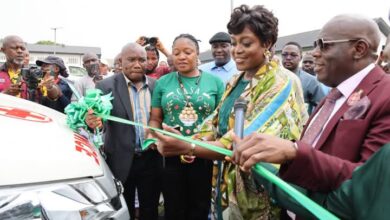NCDC Clarifies Status of ₦140 Billion Budget Proposal Amid Media Reports

The North Central Development Commission (NCDC) has issued a clarification regarding recent media reports surrounding its ₦140 billion budget proposal for 2025, currently under legislative review.
In a statement released on October 3, 2025, the Commission emphasized that the proposed budget remains a work in progress and has not yet been finalized. The NCDC, established less than a month ago, is in the early stages of operationalizing its mandate and had on September 30 appeared before the Senate Committee overseeing the Commission to defend its budget estimates.
During the session, the Senate Committee engaged the NCDC management in both open and closed meetings, scrutinizing the proposal and requesting clarifications. Following these deliberations, the Committee made observations and adjustments before granting provisional approval, pending concurrence by the House of Representatives.
“The ₦140 billion figure remains unchanged at this stage,” the Commission noted. “However, the allocation of funds cited in some media reports does not reflect the adjustments made during the Senate’s review. These will be captured in the final version once the House concludes its own scrutiny.”
The NCDC further clarified that the 2025 budget is still a working document and will only become effective after it completes the full legislative process and is incorporated into the national budget.
Reaffirming its commitment to transparency and accountability, the Commission assured the public that it will adhere strictly to financial regulations and engage stakeholders across the North Central states and the FCT.
READ ALSO: CJID Raises Alarm Over Surveillance, Shrinking Civic Space on Nigerian Journalists
NEMA DG urges states to build resilience in emergence management
“As we roll out our operations, we will ensure equity and inclusivity through comprehensive needs assessments and strategic consultations,” the statement added.
The NCDC was recently established to spearhead the development of Nigeria’s North Central region, focusing on infrastructure, social services, and economic revitalization.





